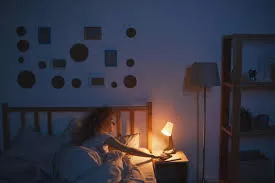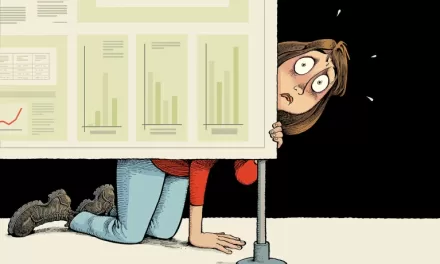A new study suggests that bright light exposure could play a key role in reducing depression symptoms by promoting better sleep patterns. Researchers from Brigham and Women’s Hospital, part of the Mass General Brigham health care system, found that individuals who spent more time in bright light experienced more regular sleep, which in turn was linked to fewer depression symptoms and a lower risk of mild or severe depression. The findings were published in JAMA Network Open.
“Getting consistent, regular sleep has wide-ranging effects on our health,” said Dr. Susan Redline, a senior physician in the hospital’s Division of Sleep and Circadian Disorders and co-author of the study. “Future studies examining bright light therapy should not overlook the role sleep regularity may be playing in influencing mood and depression symptoms.”
The Study
Led by first author Danielle A. Wallace, MPH, Ph.D., the study analyzed data from over 6,600 participants collected between 2011 and 2014 as part of the National Health and Nutrition Examination Survey. The researchers explored whether bright light exposure—comparable to daylight—was linked to depression symptoms and investigated the potential role of sleep regularity in this connection.
Participants wore wrist-worn devices to measure bright light exposure and sleep regularity. The team found that increased time in bright light was modestly associated with fewer depression symptoms. Sleep regularity, assessed using a sleep regularity index, partially explained this link.
“Higher Vitamin D levels were also associated with greater bright light exposure and more regular sleep patterns,” said Wallace. “However, Vitamin D did not show a direct association with depression symptoms.”
Limitations and Future Directions
The study’s cross-sectional design prevents the establishment of causality. Researchers caution that depression symptoms themselves may influence time spent outdoors and exposure to bright light. To address this, they recommend longitudinal studies to better understand how sleep regularity mediates the relationship between light exposure and mood.
This research sheds light on a potential pathway linking natural light exposure to mental health benefits and underscores the importance of consistent sleep in maintaining emotional well-being.
For more details, see Environmental Bright Light Exposure, Depression Symptoms, and Sleep Regularity by Danielle A. Wallace et al., published in JAMA Network Open (2024).












